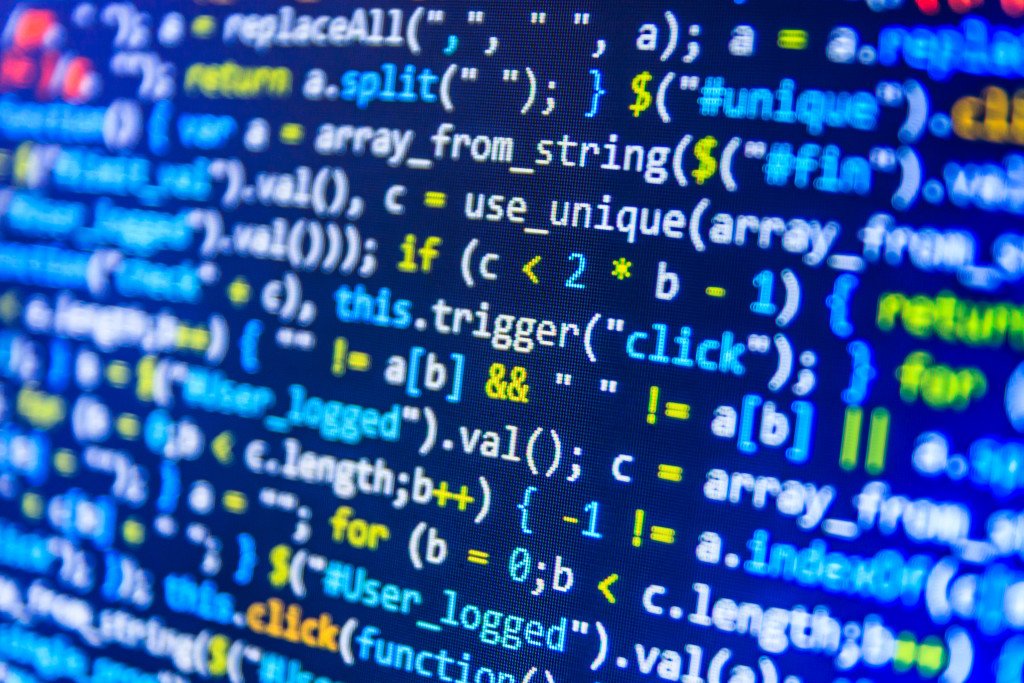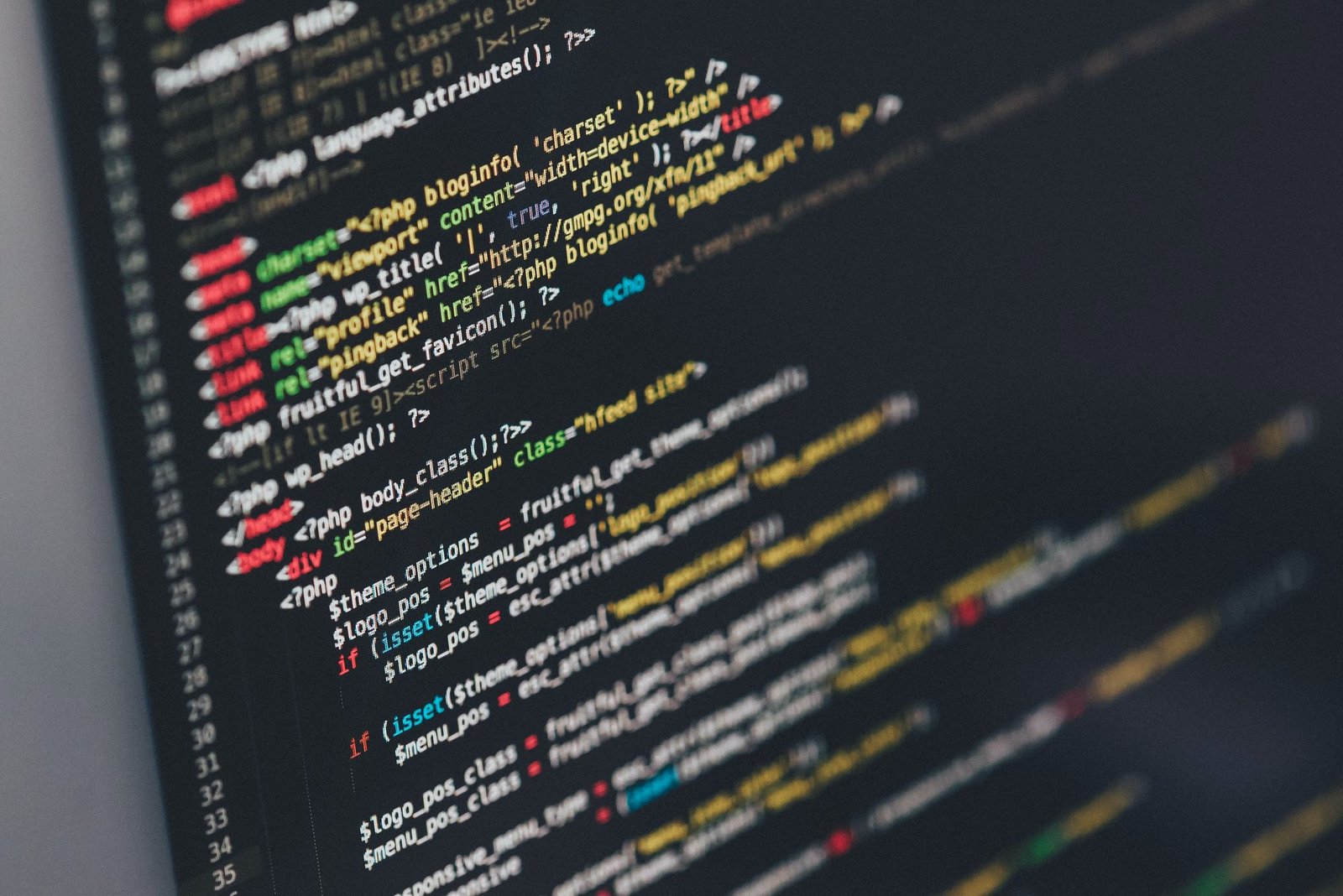What Are The Various Approaches A Person Can Use To Learn Coding?
If you’ve never programmed before, it may seem like a daunting task. You need to know the basics of computer programming in order to get started, but where do you start? Let’s take a look at how to learn your first programming language.
There are many languages available for you to choose from when learning to code. The problem is that most beginners find themselves overwhelmed with choices and don’t know where to begin.
In this article I’ll discuss the best way to approach this problem, so you can make an informed decision about what tools you will use. There are three different approaches you can take when learning to code:
1) Choose one language and master it.
2) Start off by learning a few basic concepts and then pick up more as you go along.
3) Try multiple languages from day one.

I recommend starting off with #1. If you’re new to coding, it would be too much information to try to absorb all at once. It’s better to try something simple and familiar, like Python or Javascript, so that you have some experience to build on. Then, as time allows, add more languages to your repertoire.
The advantage of learning a single language is that you can focus on mastering that particular tool and its syntax without being distracted by others. This should help you become a better programmer. Once you have a solid foundation behind you, you can move onto more advanced topics, such as object-oriented programming (OOP).
Start by picking a language based on which you feel comfortable with. For example, if you want to learn Java because you already have experience with it, then go ahead. However, if you have no prior knowledge at all, you might consider another language, like Python. Whatever language you decide upon, just stick with it until you understand every part of it thoroughly.
Once you have a grasp of the fundamentals, you can begin expanding your horizons by looking into other areas. In my opinion, this is the best approach when learning anything new because it doesn’t overwhelm you with information. Instead, you gradually discover new things over time, building on previous knowledge.
You could also try using a web based IDE. These give you access to a compiler and interpreter while letting you practice your skills through interactive programs. When you’re ready, try writing small apps or games.
For instance, there’s Codeacademy, a free online course that teaches you HTML, CSS, JavaScript, PHP, and Ruby on Rails. They also provide an integrated editor, so you can keep track of your progress throughout.
There are many great resources out there for learning any kind of programming. One site that I really recommend is FreeCodeCamp. It offers courses in four different programming languages: JavaScript, React, Node, and Python. Each course is made up of short lessons, each focusing on a specific topic.
After completing a lesson, you’ll be given exercises to work through. In addition, they offer weekly challenges to test your mastery of certain concepts.
Another excellent resource is Treehouse. They teach HTML, CSS, JavaScript, and jQuery, among other things. Their courses are split into short chunks that are easy to digest. As you complete lessons, they give you assignments to check your progress.
Finally, Codecademy has a lot of courses that cover various programming languages, including Python, JavaScript, and R. The courses are broken up into sections that are easy to follow. You’ll be able to watch video tutorials and work through exercises to improve your skill set.
If you want to brush up on your math skills, you can check out Khan Academy. They have many courses, but the ones that I found useful were Introduction to Algorithms, Data Structures & Sorting, and Discrete Math for Computer Science.

This site is especially good for students who have trouble grasping abstract terms. They break down these concepts into simpler pieces, explaining them in a fashion that anyone can understand.
As you gain more experience with computer programming, you’ll find that you can solve a large number of problems using the same methods. This means that you’ll be able to apply what you’ve learned across different projects.
Learning any programming language is a long process. Don’t expect to be finished after a few days. But remember that it does not require a degree in mathematics or science, as you think. It only requires a desire to learn and an open mind.
The above mentioned are the various approaches that a person can use in learning to code. A person can plan to consult with the codeteacher that is available to teach the people the exact form of the learning. Detail analyses of the various approaches are a must for getting a better understanding of the concept.
It’s always helpful to have someone else to talk to about your experiences. A friend or family member can serve as a sounding board, helping you troubleshoot problems and guide you toward success. They can also give you feedback on whether or not you’re making progress.
So, what do you think? Which option do you prefer? Do you agree that learning one language is ideal? Or do you think it’s better to jump right in and try multiple languages? Share your thoughts below!
